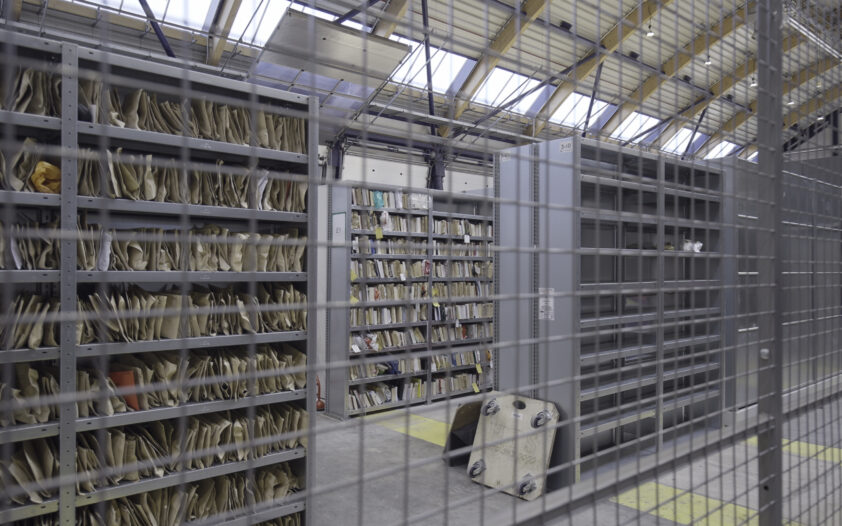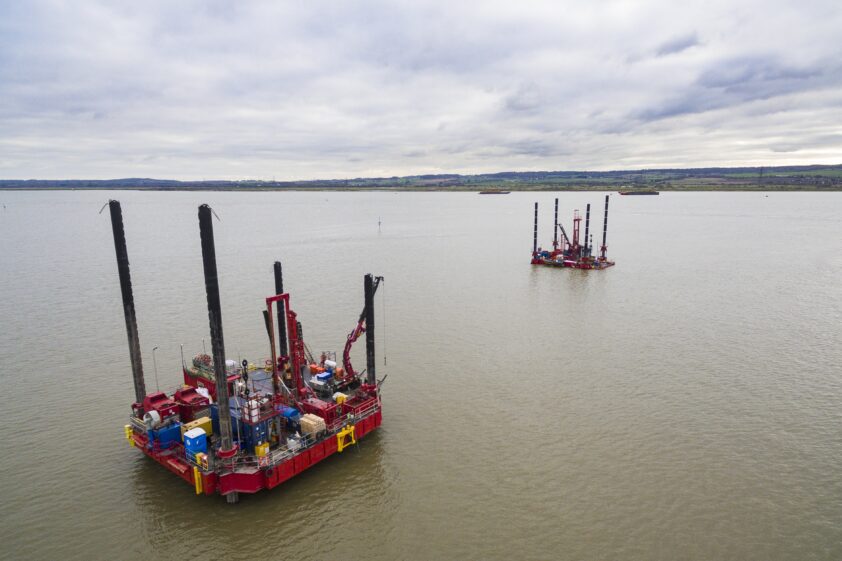Northumberland Train line redevelopment
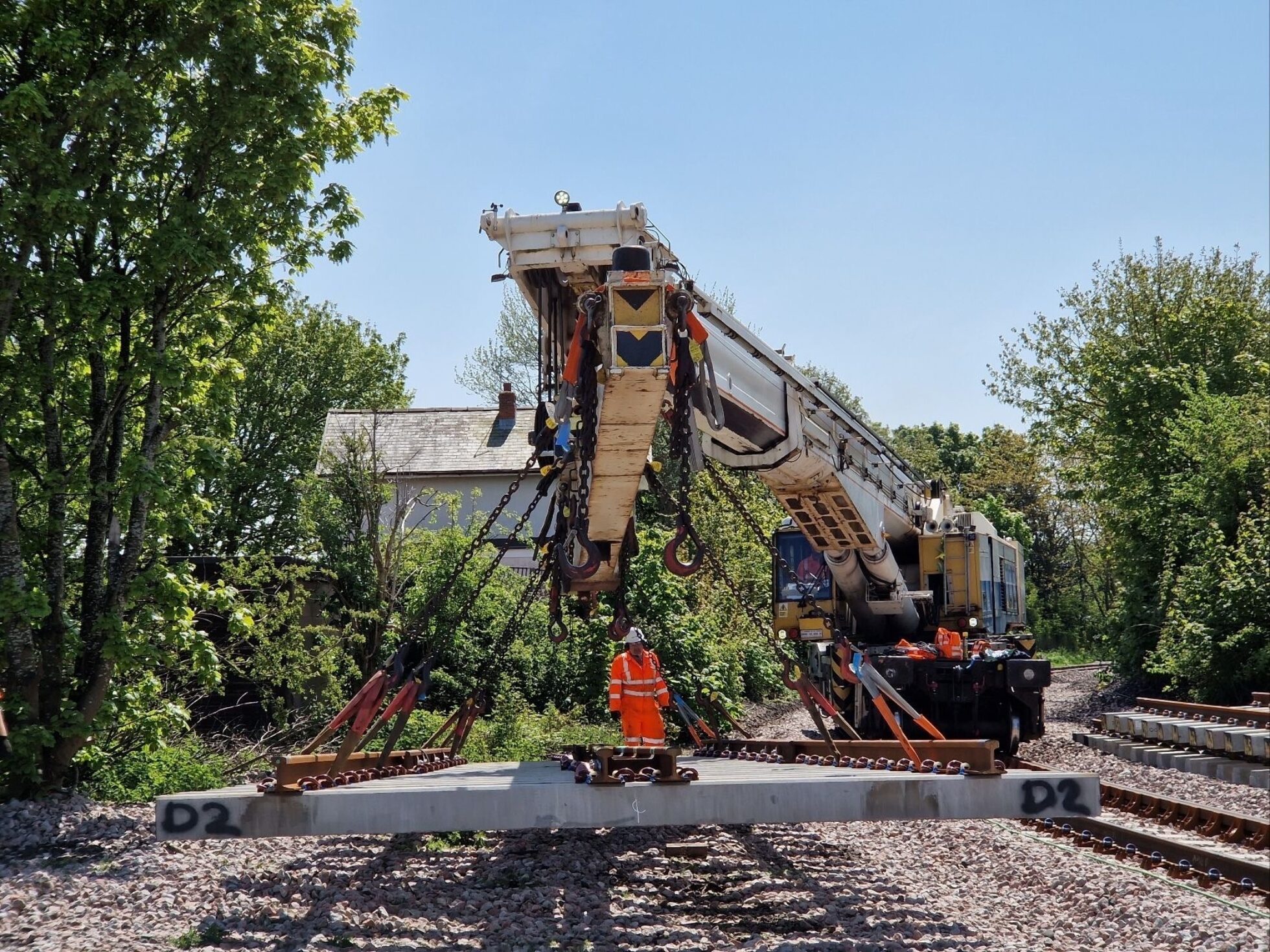
Sector
Infrastructure
Value
£160 million
Status
Completed
Delivery team
AECOM
New passenger railway to boost local economy by £300m
Background
An entirely new passenger rail service accelerated from conception back in 2018, to a fully functioning service operating through six brand new stations. Commuting times halved between Ashington and Newcastle, the area’s economy will be boosted by £300m, and the lives of thousands of people will be improved.
The project was a third party (Northumberland County Council (NCC)) promoted and delivered scheme to introduce half-hourly passenger train services between Ashington and Newcastle via the existing freight-only Blyth & Tyne line and the East Coast Main Line (Northumberland Line project).
This scheme addresses and undo the damage of historic cuts by restoring local railways and stations. The purpose and expected outcome of the project is to stimulate economic regeneration and community engagement in the areas surrounding the Northumberland Line by providing a reliable, rapid public transport connection from the larger towns along the route of the project into Newcastle and beyond. The business case is predicated on the basis of a half-hourly passenger service, and a journey time between Ashington and Newcastle that is low enough to draw demand away from other modes of transport (namely bus and car) for travel into Newcastle.
The project was procured by Perfect Circle via SCAPE's Built Environment Consultancy Services (BECS) framework to provide access to a unique team and specific suppliers with incumbent knowledge of the scheme, having helped deliver the strategic outline business case (SOBC) and because of the unique and market-leading experience in development and delivery of third party promoted rail projects.
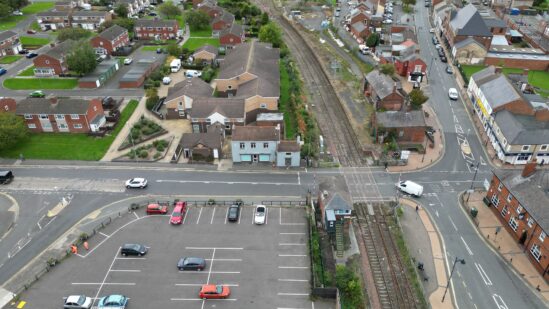
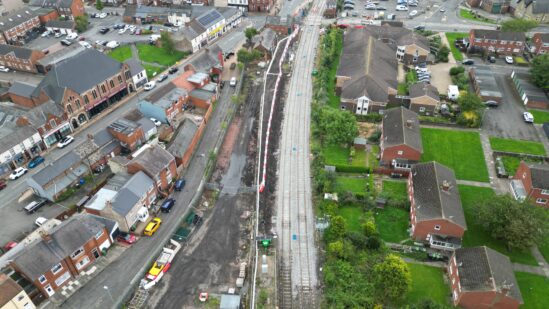
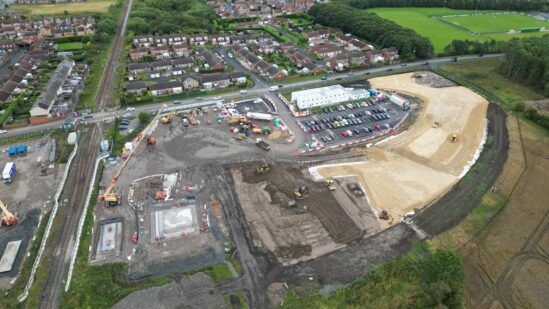
Challenges
The rules around rail infrastructure funding remain complex. For decades, the infrastructure owner and operator Network Rail has led rail infrastructure development in the UK, so new alternative delivery models have required a rethink from the ground upwards. Evaluations of everything from supply chains to working practices are essential.
Rules under the Rail Network Enhancements Pipeline (RNEP) mean that proposals must go through a series of “stage gates” before approval can be granted. A project must be signed off at a development stage, a design stage and a delivery stage, with funding released only if the business case demonstrates strong benefits of a scheme at each stage.
Over a period of several months, Perfect Circle’s specialist multidisciplinary teams have supported the local authority navigate these complex rules around rail safety and design development, and at the same time, have established a strategic business case for the project, which demonstrates how vital this project is for the economy and for the region as a whole. Remaining adaptable to this business case so that changes in funding routes can be considered has been vital as the project has progressed.
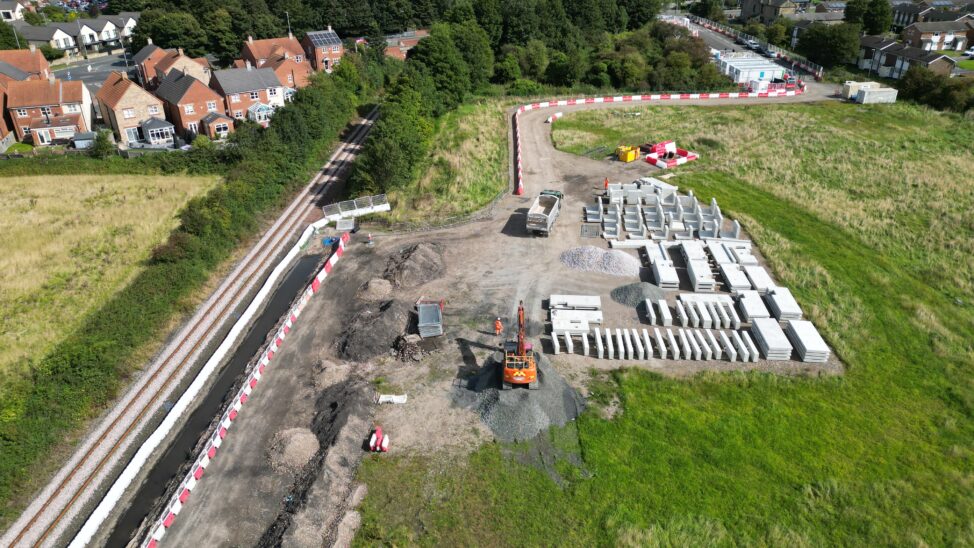
Solutions
Crucially, Perfect Circle has helped the Northumberland Line to accelerate through the various stage gates, receiving approval for the development stage in half the usual time for a project of this scale. This pragmatic and relationship-based approach with key stakeholders at the Department for Transport and an acute understanding of their ethos ensured that we met all the requirements within the RNEP process.
Alternative and innovative opportunities for bringing finance to the scheme were also considered in its earlier stages. For example, land value capture, which enables communities to recover some of the land value increases that result from public investment and policy decisions.
A phased opening of the scheme has also been explored to exploit potential funding routes that are available to create the initial service and then generate further funding for future development of the passenger railway.
Outcome
The Northumberland story paves the way for a new generation of infrastructure proposals. Initially, there was scepticism based on years of frustration and complexity in making schemes like this work, but it has been proven that these issues are navigable and can, ultimately, bring about results.
Perfect Circle’s uniquely collaborative approach with all stakeholders has built a new paradigm for major infrastructure projects and proven they can succeed at pace and on budget. From train operators, Network Rail and the Department for Transport, to the regional transport authority and key political cabinet ministers, Perfect Circle has helped public and private sectors come together with a single, shared ambition in mind.
Having successfully delivered the first phases of development with Northumberland County Council and SLC Rail, this new trailblazing approach has the potential to help regenerate other regions and major cities across the UK and leave a lasting legacy for generations to come.
Throughout this project, Perfect Circle has focused on tightly controlling the scope of the project. To achieve this, strong relationships with stakeholders have proved critical.
Ongoing engagement with Network Rail is required to ensure that costs are allocated optimally for each element of the upgrade to the existing freight line, and any aspects necessary to ensure the passenger services and infrastructure in relation to the associated stations are in place. The team is also working closely with Network Rail to explore suitable options for recycling of materials that would be fit for purpose, which also brings with it significant environmental and waste management benefits.
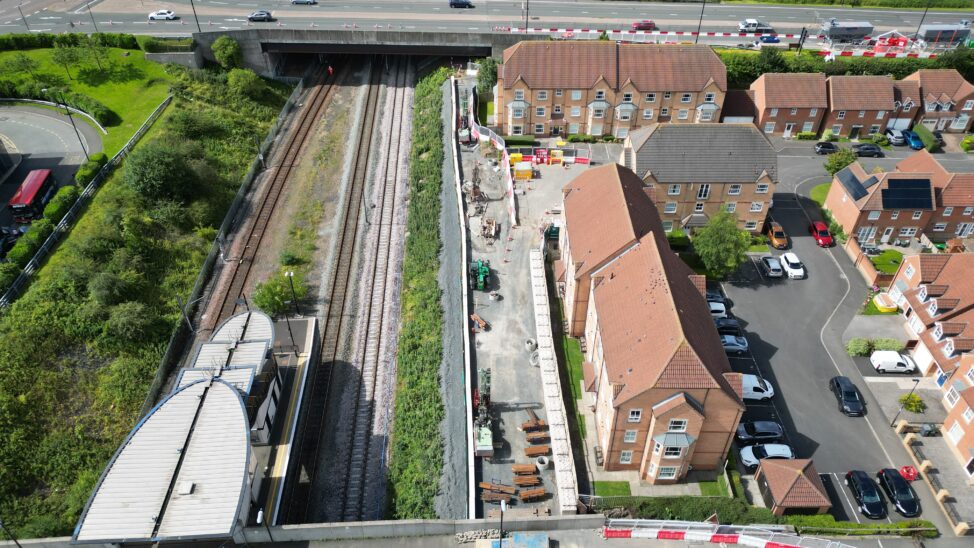
Social Value
This new railway infrastructure will augment and reinvigorate communities by improving connectivity between regions. This in itself promotes greater employment opportunities, access to education and an efficient means of transport for many years to come.
Commission us?
Find out how we can support you
Find your local regional lead
Perfect Circle Regional Leads cover all areas of the UK, giving local support when you need it.
